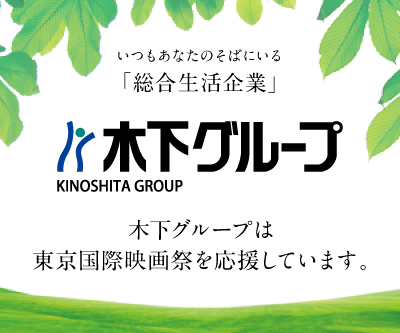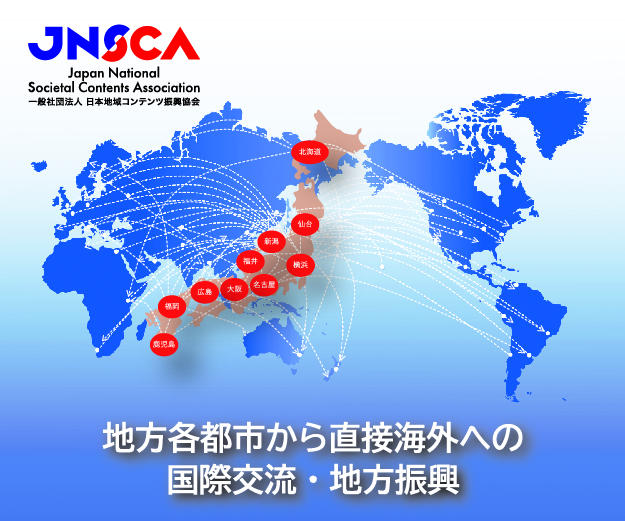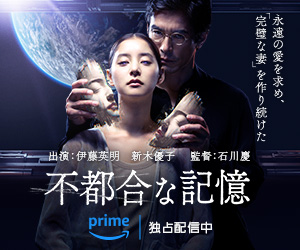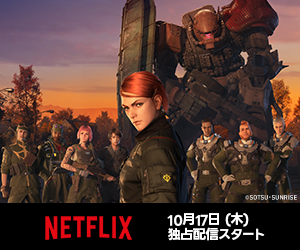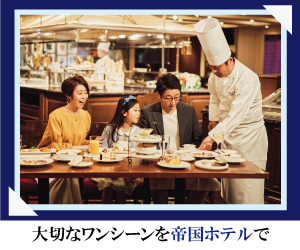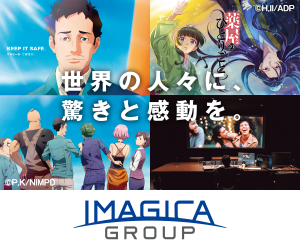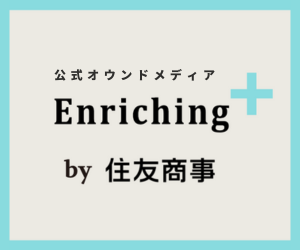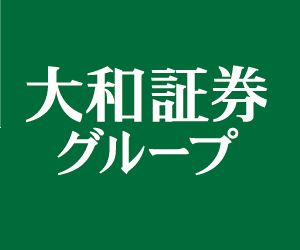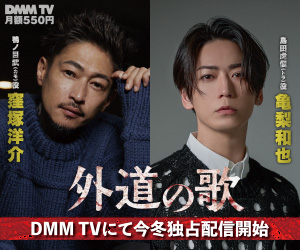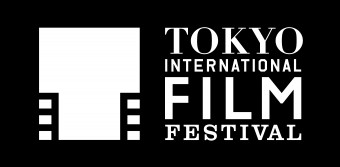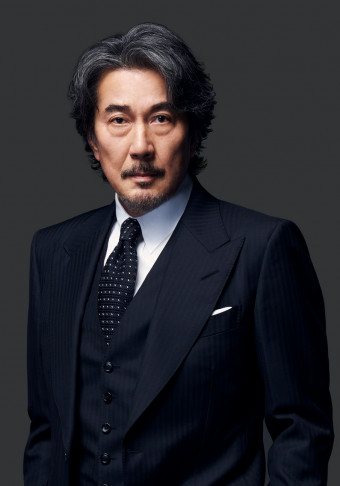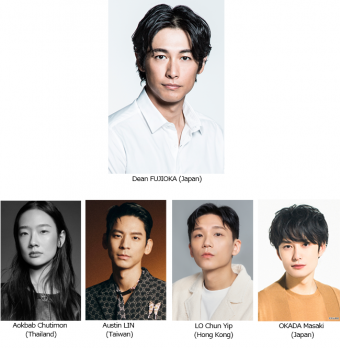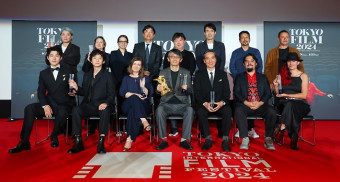Originally written in Japanese.
The film Teki Cometh was selected at the 37th TIFF for the Competition Section.
Official Interview with Director Yoshida Daihachi.
The protagonist is an elderly man who lost his wife years ago and has been retired from his university post for a decade. Living in the traditional Japanese house passed down from his father, his life is peaceful—until one day, a disturbing message appears on his computer screen: “The enemy is coming…”
Yoshida Daihachi’s film, The Kirishima Thing (2013), became a surprise hit through word-of-mouth, achieving a six-month theatrical run and sweeping multiple major awards, including the Japan Academy Prize. Since then, Yoshida has continued to create acclaimed films, each bearing his distinctive touch, delighting audiences along the way.
Yoshida has adapted challenging works from maverick manga artists like Nishihara Rieko and Yamagami Tatsuhiko and tackled novels by celebrated authors such as Kakuta Mitsuyo and Mishima Yukio.
Now, his latest film, Teki Cometh, is based on a story by Tsutsui Yasutaka, an author whose work is known to be notoriously difficult to adapt. Director Yoshida, also a longtime fan of Tsutsui, downplays the production’s difficulties.
It’s not about challenges or bold ventures for him; rather, his natural skill for approaching film with a light touch shines through this particular work.
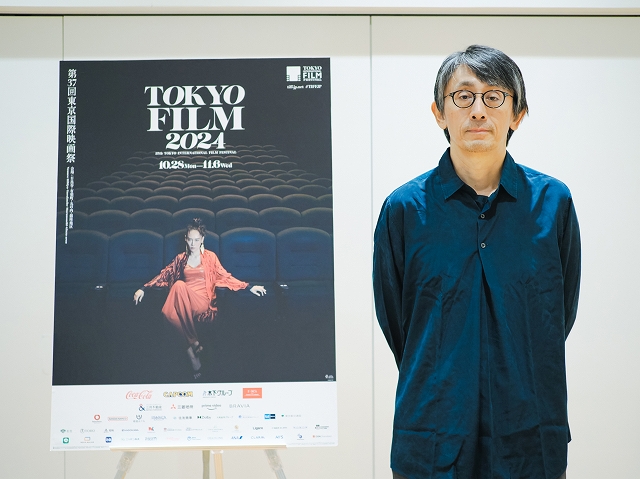
— How does it feel to have Teki Cometh selected for the Competition Section since your last entry, Pale Moon (2014)?
Director Yoshida: I’m deeply grateful for the recognition, especially as it brings well-deserved attention to the film as it approaches its theatrical release.
— The official website for Teki Cometh quotes Tsutsui Yasutaka as saying it was “impossible to film,” which sounds like it was a major challenge. What’s your take?
Director Yoshida: Well, regardless of the source material, film adaptation is always challenging. I’ve always believed that when you genuinely love something, you’ll find a way to make it work. For me, the joy lies in continually contemplating and experimenting ways of approaching the story. I can’t judge whether I’ve fully achieved the “unfilmable,” but receiving Tsutsui’s acknowledgment meant indeed a lot.
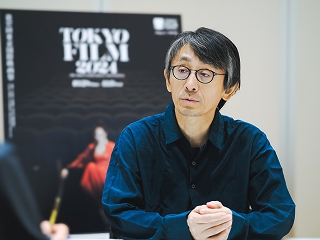
— The black-and-white cinematography was stunning. Did you decide on monochrome from the beginning when you set out to adapt Teki Cometh?
Director Yoshida: Not initially. I had a clear vision of the house, though—a very old Japanese residence with a touch of Western influence. I watched several films featuring this type of setting, and since most were classics, they were often in black and white. Over time, I think I was influenced by them. The monochrome also felt like a natural fit to reflect the protagonist’s stoic lifestyle.
— I was impressed by the attention to detail in scenes like the protagonist making rice, grilling fish, and grinding coffee beans. Were these meal scenes in the original story?
Director Yoshida: In the novel, there are even more detailed descriptions in the early parts. I loved those passages and tried to recreate the essence as faithfully as possible, even if not every detail could be included.
— Though much of the story is set within the house, the world somehow feels vast.
Director Yoshida: I often think about how to create a sense of expansiveness within confined spaces. Be it a house, school, or office, I try to build up the pressure in these limited settings to maximize the impact when the tension finally breaks.
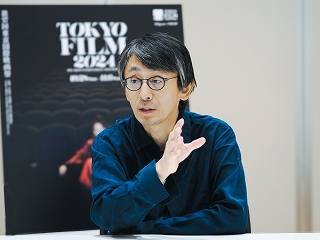
— When the protagonist’s computer displays that “The enemy is coming,” his life begins to blur the lines between reality and something more surreal. How did you conceptualize the “enemy” in terms of the protagonist’s journey?
Director Yoshida: Initially, I saw it as a metaphor for death or aging. But I started thinking that perhaps people need a kind of “enemy” to motivate them, almost as a purpose to live. As we developed the film, my perspective evolved. When I read the original story as a young man, I viewed the invisible enemy as a sort of absurdity, something fun. But with age, I began to feel the enemy’s presence was more serious, more real. Watching Nagatsuka embody the protagonist facing this “enemy” during filming made the enemy’s concept deepen even further.
— The original story includes a nuance of elderly forgetfulness and questions of “dream or reality.” But in the film, the protagonist feels solidly alive.
Director Yoshida: After multiple readings of the original novel, I came to see the protagonist not as someone merely struggling with aging but as someone in the final stage of life, seeking people he once knew or experiences he once had. He throws himself into the realms of dreams and fantasy to satisfy these unconscious longings. I wanted to capture that in the film.
— Certain props, like the binoculars, were striking.
Director Yoshida: In the original novel, the binoculars appear early as a neglected antique stored away. But I developed it further. The act of viewing people or things through a lens makes binoculars a highly cinematic prop, carrying its own element of surprise.
— The official site mentions you saying that you may never make another film like Teki Cometh. Does this mean you’re thinking of moving toward more entertainment-focused projects?
Director Yoshida: I’ve never differentiated between “art films” and “entertainment”—to me, my films always aim to be both, Teki Cometh included. For this project, I felt incredibly grateful for the freedom I had, with my creative vision being prioritized above the usual considerations in the industry. Despite some budget and scheduling constraints, the ability to work so freely was a rare and fortunate experience, given the current state of the film industry.
September 25, 2024, Tokyo Midtown Hibiya
37th TIFF Competition Section
Teki Cometh
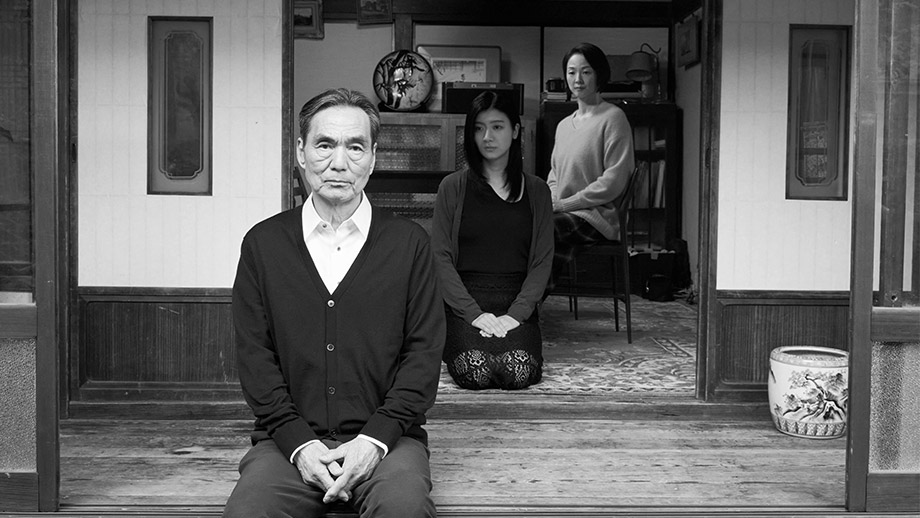
Director/Screenplay: Yoshida Daihachi
Original Novel: Tsutsui Yasutaka
Cast: Nagatsuka Kyozo, Takiuchi Kumi, Kurosawa Asuka, Kawai Yuumi, Matsuo Satoru, Matsuo Takashi











